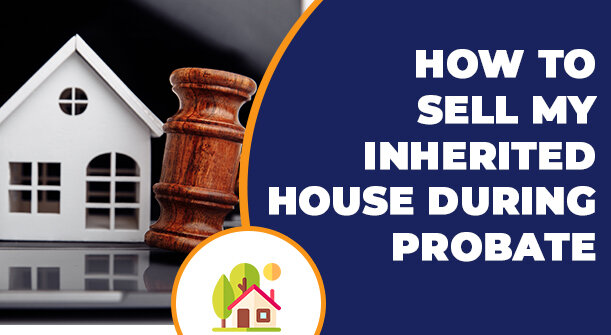
If you don’t understand the probate process, you’re not alone. Most people are surprised to learn how complicated the process can be. If you are trying to sell your house fast to pay off debts or taxes, the process can be even more complex. You may also encounter conflict when distributing any assets to other beneficiaries.
In many cases, when a loved one leaves behind a house, everyone in the family tries to figure out how to sell the inherited fast. If you are trying to sell your house as-is, one of the best ways is to go through a local buyer in Tampa, FL. Let’s take a closer look at the probate process and how it works.
Understanding the Probate Process
The state of Florida has specific laws regarding inheriting or selling a house or estate. The laws typically validate any claims made by you or other beneficiaries of the deceased. It also ensures that the executor carries out the will precisely as instructed and that all debts and taxes are paid in the process. What are the steps?
Step 1: Authenticating the Will
If you have the will, you must file it with probate court as soon as possible. You will also file a petition to open probate of the estate and file a death certificate. You may want to work with a probate attorney in your area to review, assess, and fill out all documents.
During this part of the process, all relevant parties have a chance to validate their claim to the will and confirm its authenticity. They also have a chance to challenge the terms of the will or its authenticity. To determine if the will is authentic, the courts may require a self-proving affidavit signed by all beneficiaries and witnesses.
Step 2: A Court-Appointed Executor
If the executor is not already appointed in the will, the court will appoint an executor or administrator. The executor oversees the probate process and settles all claims made on the estate. It is the executor’s job to contact all beneficiaries, creditors, and tax agencies to inform them of the probate process.
The executor is typically a family member mentioned in the will. However, this is not always the case. The deceased may have appointed an attorney, agency, or someone else to execute the will to ensure that it is carried out as specified. Therefore, the courts are often involved in the process.
Step 3: Posting Bond
Bonds are a sort of insurance policy that reimburses the estate if the executor either makes a mistake or engages in illegal activity that causes financial harm to the estate. The executor of the will may need to post a bond before they accept any correspondence or act
on behalf of the estate.
Some wills include provisions stating that posting bonds is not necessary under any or some conditions. Therefore, some beneficiaries may choose to reject bond requirements in Florida.
Step 4: Collecting All Assets
The executor must identify and obtain all of the decedent’s assets to include them in the probate process. This may be a time-consuming process depending on how much wealth the deceased accumulated. In some cases, a person may have assets that no one knows about.
In the case of property, no beneficiaries in your family must live in the house to maintain ownership. However, you must keep up with insurance, property taxes, and mortgage payments. You may have the option to sell your house for fast cash to a cash home buyer if you need money to pay off debts.
Step 5: Notifying and Paying All Creditors
All creditors must be identified and notified so that they can make any final claims for debt payment. Creditors may have a limited period to make a claim. The claim period will vary by state. The executor also has the right to reject any claims if they believe that the claim is not valid. While this can prolong the process, it can also save the family thousands of dollars.
Once all claims are made and validated, the executor uses all estate funds to pays the decedent’s final debts. If there is not enough money to pay off all debts or taxes, you may be allowed to sell your house for cash in Tampa so that you can raise the money quickly. You may be able to work with a company that buys houses as-is so that you do not have to wait to sell your house fast.
Sell Your Inherited House As-Is in Tampa, Florida
You can be free and clear of your probate property with no strings attached. Simply sell it as-is to a local buyer in Tampa, FL. You can enjoy the benefits of working with a buyer, such as:
- You make no renovations, repairs, or preparation.
- You don’t have to list the house on the market.
- You avoid realtor commissions and close costs.
- You can close in as little as 30 days.
- You can receive cash in as little as seven days after closing.
- Once you close, you can walk away from the property.
Why go through the burden of putting your house on the market when you can sell your house fast for cash in only a few weeks. Our easy process helps you save time and money while unloading a property that you never wanted.

